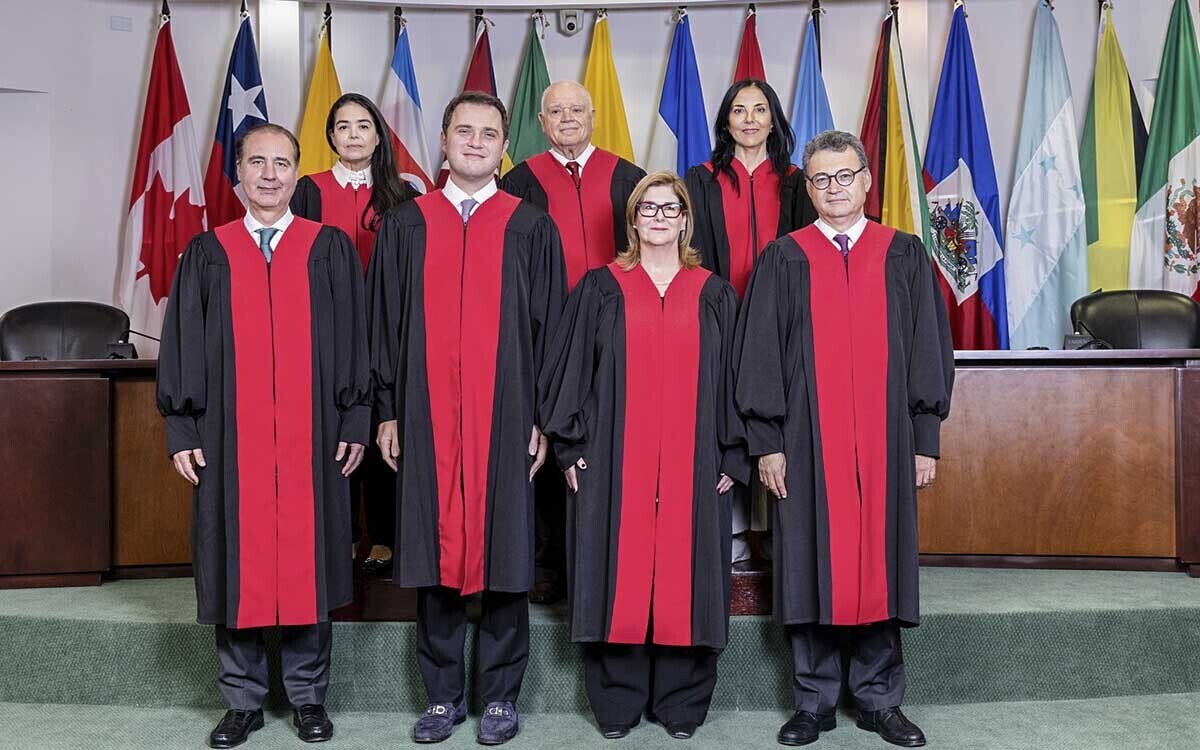
The Inter-American Court of Human Rights ordered Chile to modify its Constitution to align with the ACHR. In response, the parliamentary coordinator of Morena in the Senate, Adán Augusto López Hernández, presented a constitutional reform initiative aimed at eliminating the control of conventionality. This proposal seeks to prevent constitutional controversies or actions of unconstitutionality regarding the Constitution, as well as the deliberative and legislative process of the reforms to the Magna Carta.
The initiative was signed by several prominent politicians and aims to reform articles 1, 103, 105, and 107 of the Constitution. López Hernández's approach is to prevent the norms on human rights from being inapplicable through the control of conventionality. The draft decree was sent to committees for its corresponding analysis.
Regarding the control of conventionality, Dr. Claudio Nash of the Faculty of Law at the University of Chile describes it as a tool that allows States to internally guarantee human rights in compliance with the ACHR. This concept originated from the jurisprudence of the Inter-American Court of Human Rights and is crucial for verifying the conformity of internal norms with international human rights standards.
According to academics Laura Alicia Camarillo Govea and Elizabeth Nataly Rosas Rábago, there is a question of whether national constitutions can be subject to control of conventionality. They point out that the IACHR has exercised this control over constitutional norms on various occasions, such as in the case of "The Last Temptation of Christ vs. Chile." Civil organizations have expressed their rejection of this constitutional reform initiative, considering it a setback in the defense of human rights in Mexico.














